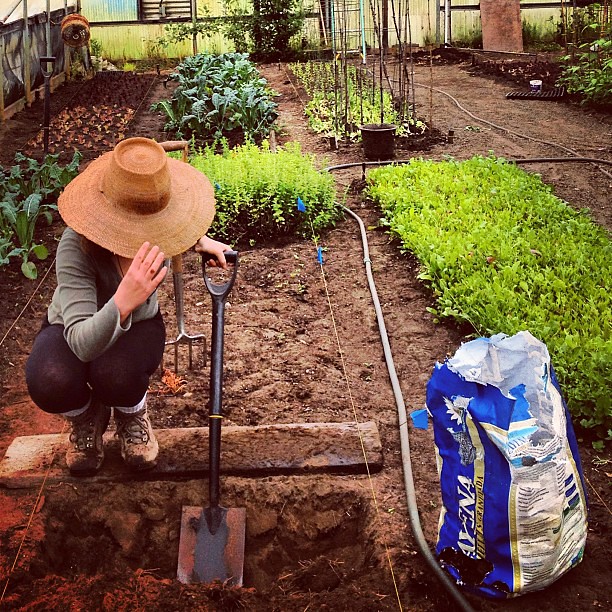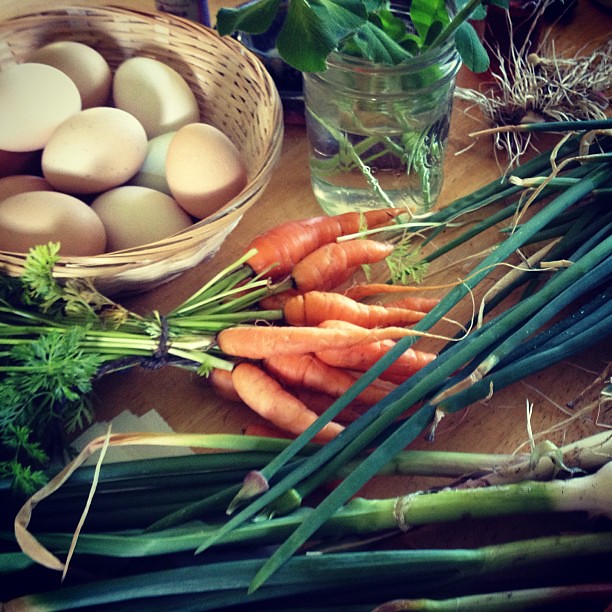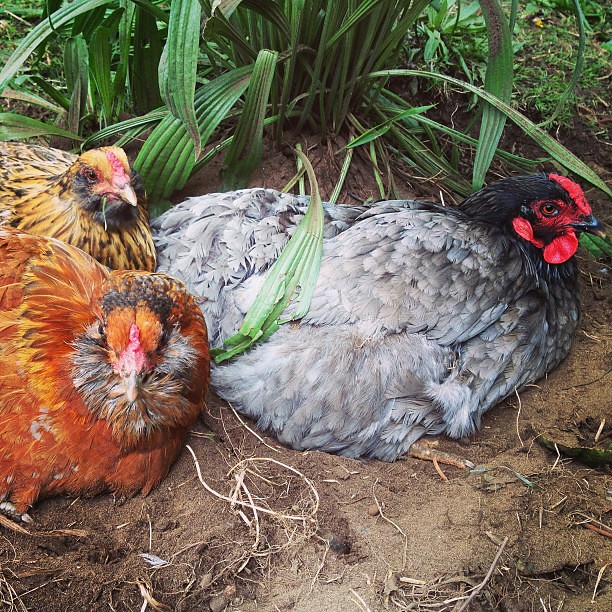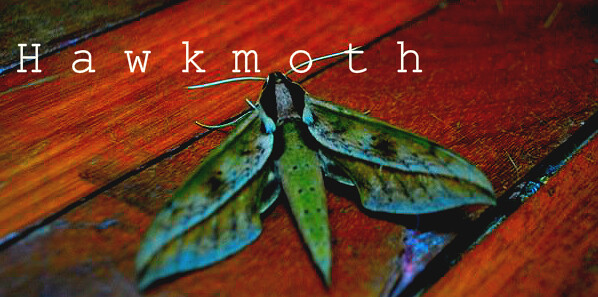

The other day, I was peeling long onion stalks to sell at market. They were freshly harvested and bundled beside me in the grass. Kneeling, I gently pulled away the dry and dirty outer leaves to reveal clotted red bulbs, streaked with white and deep purple. The onions seemed to throb in my hands, bodies carved from the soil. I felt deeply human then; intimately bound to the process of death and rebirth that defines life on this planet.
That feeling- of laying hands on my food from field to table- is uncommon in the frenzy of urban life. Most everything at the supermarket is so packaged and processed that we wouldn't recognize the creature it came from. And that's a problem folks.
The disconnect between producers and consumers has enabled environmental irresponsibility on a mass scale. Monocropping is one glaring example. In this ubiquitous form of agriculture, a plot of land is used to produce a single crop year after year (think rolling fields of wheat, corn, or soybeans). Economically, the system is advantageous because it is high-yield, and allows for specialization of equipment to maximize efficiency. However, there is no rotation of crops between seasons, so crucial nutrients are not returned to the soil. As of 1994, it was estimated that modern agricultural practices strip the soil of nutrients up to 80 times faster than they would be replenished in an undisturbed system.

As soil quality degrades over time, chemical fertilizers are often used to replace a few key nutrients. These fertilizers don't rebuild soil structure, or promote soil fertility. They target isolated problems rather than the big picture, and can cause even bigger issues downstream as they leach into groundwater or enter waterways through runoff. Crops grown in poor soil are also more vulnerable to pests and to diseases, promoting the use of dangerous chemical pesticides.
We're shooting ourselves in the proverbial foot here. In the long-term, stripped soils become deserts. If this continues, our farmlands will fall fallow by our own hands. But it doesn't have to be so bleak! Rebuilding the connection between producer and consumer is key here. If we know where our food comes from, and if we choose to support small, local, and organic farms, our communities will be healthier, and irresponsibility will have a smaller hand at the dinner table.
No chemical fertilizers or pesticides + proper soil maintenance = fertile soil = healthier plants = healthier people= healthier ecosystems= healthier societies= healthier planet



Beautiful pics of our center here at Green Angel Gardens in Long Beach, WA.
ReplyDelete